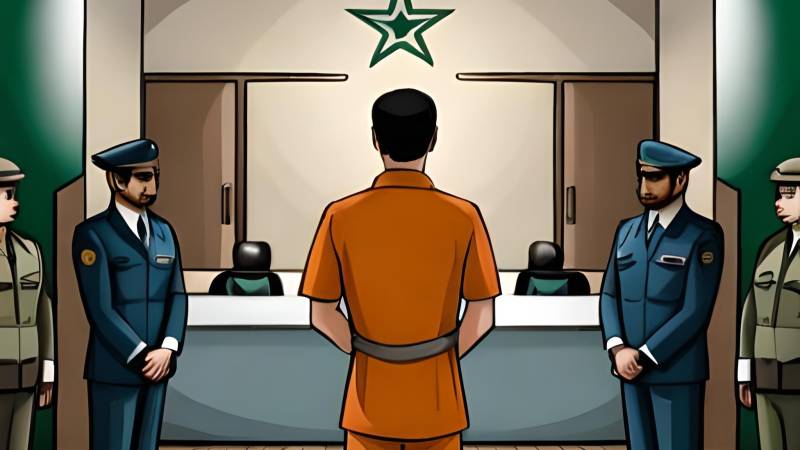
As many as 20 May 9 suspects tried by military courts, have been released after their sentences were confirmed and the Chief of Army Staff General Syed Asim Munir remitted their punishments.
A submission filed with the Supreme Court stated that the suspects were released on April 6 and April 7 in the provinces of Punjab and Khyber Pakhtunkhwa.
The move comes after the top court had allowed military courts, earlier in the month, to announce those verdicts where the suspects were either acquitted or whose term of incarceration equated to or exceeded their sentences and could be released ahead of Eidul Fitr. The government had assured that all such sentences would be announced while those with slightly longer sentences could be commuted by the Chief of Army Staff General Syed Asim Munir.
According to a list of the 20 prisoners who were released, all of them were sentenced to serve a year of rigirous imprisonment. Most of them received a remission of two months off of their sentences.
Most of the the convicts released hailed from Punjab, while only four were from Khyber Pakhtunkhwa.
Within Punjab, eight convicts were from Rawalpindi, three from Lahore and five from Gujranwala. Most of these convicts had spent over ten months in custody, with only one suspect from Lahore who spent nine months and 26 days in custody.
In Khyber Pakhtunkhwa, three people from Dir and one from Mardan were released. The military courts sentenced them to a year in prison. Two convicts from Dir spent over 10 months in custody, while one convict from Dir and one from Mardan spent none months and 23 days and 29 days, respectively.
It is pertinent to mention here that with these releases, there are still 85 suspects still in military custody awaiting trial, while there are hundreds of others who remain incarcerated in civilian facilities awaiting trials in relevant civil and special terrorism courts.

